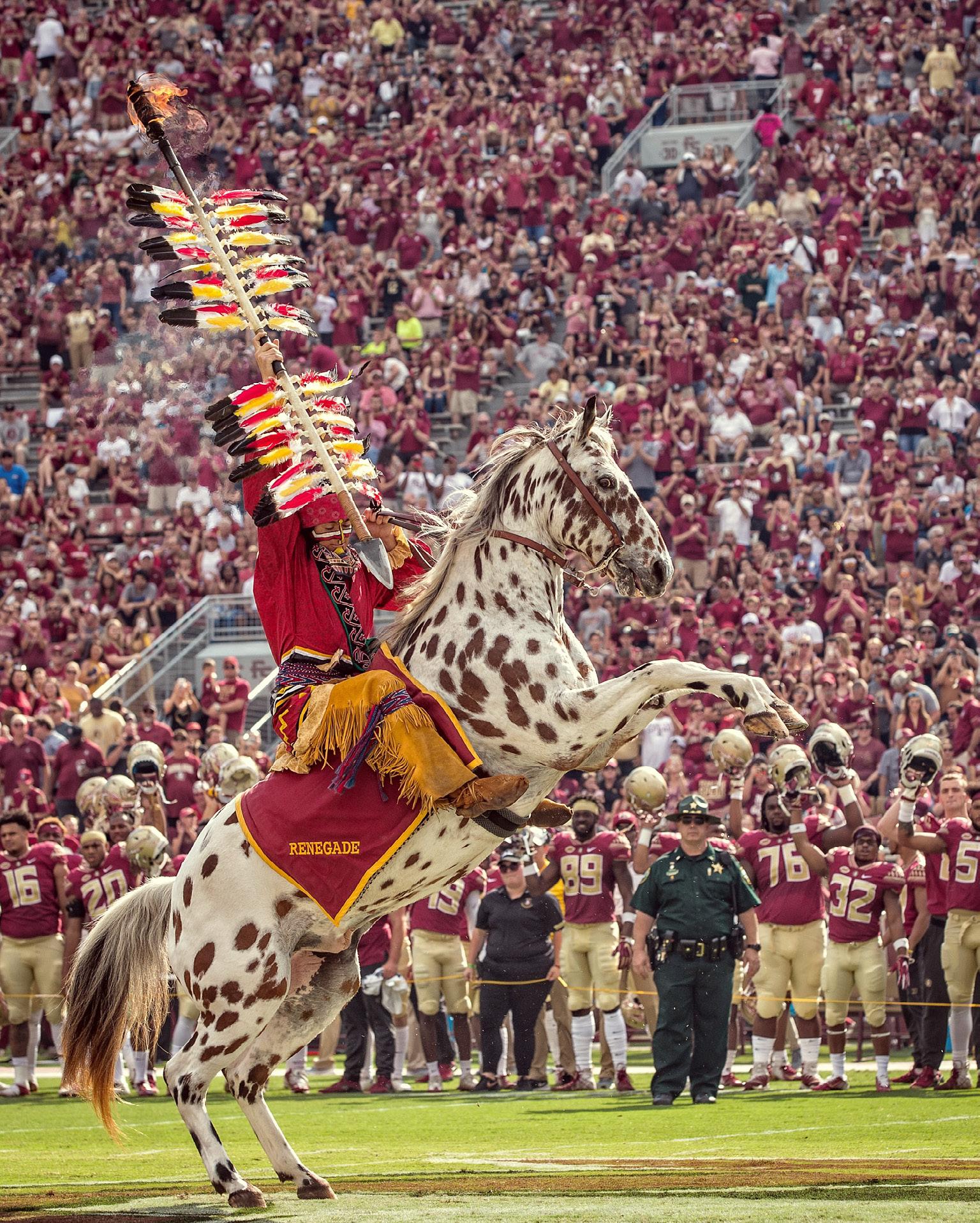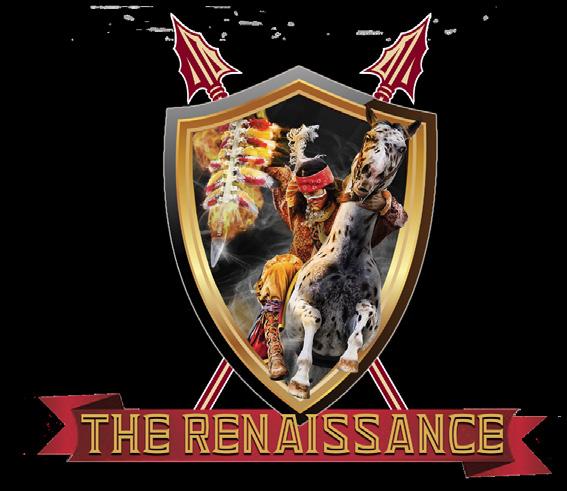
4 minute read
Weekend Experience
FLORIDA STATE IS ASKING ABOUT YOUR GAME DAY AND WEEKEND EXPERIENCE
By JERRY KUTZ, RETIRED SR. VICE PRESIDENT SEMINOLE BOOSTERS & CURRENT OWNER, PUBLISHER OF THEOSCEOLA.COM
Advertisement
You may have received an email from Athletic Director David Coburn and Seminole Booster President and CEO Andy Miller asking you to complete a survey regarding your gameday experience at Doak Campbell Stadium. Your responses will provide FSU with information they can use to verify fan wants and needs and estimate the demand for specific experiences that would make game day attendance more compelling.
Florida State engaged Legends, a joint venture of Yankee Global Enterprises and Jerry Jones of the Dallas Cowboys, to consult on the survey which is one part of a feasibility study. Formed in 2008, Legends has completed studies for numerous college and pro stadiums.
“They are going to survey fans, former fans and alumni and ask them about their game experiences, their experiences and what they like and what they don’t like and what they would like to see,” said Athletic Director David Coburn. “They are also going to examine potential streams of revenue that we either are using but could do better with, or are not using and could begin to use, if we need revenue in order to make some of the improvements we feel are missing.
Miller and Coburn go into the process objectively, curious to see what the analytics produce in terms of highest and best use for existing experiences and revenue streams. They want to let the data, gathered from customers, speak to them.
Miller gives an example using a season ticket holder who says the reason they don’t buy tickets is because, “It is too hot.” “Their answers to questions about likelihood to buy seats if a shade structure were built become important data on which to base decisions,” Miller said.
Additional questions, probing price points for those shaded seats, provide further insight into the potential incremental revenue, which might be generate do pay for that structure. The survey also probes other experiences designed to make gameday more enjoyable such as wider seats, chair back seats, extended leg room, enhanced concessions on concourses with assembly space, etc.
While Coburn and Miller have a good idea of what the customers want, the survey will at very least validate their notions and allow them to really zero in on the sweet spots.
“We want to really identify what it is about going to the game that is enjoyable or unenjoyable for our fans,” Miller said. “Is it wifi? Is it traffic or lack of tailgating? What is it?”
The survey is designed to elicit response from Seminole fans that says, “If those specific experiences were better, then I’d be willing to buy tickets and give to the Booster organization.”
Readers should be advised: the survey is NOT the first step in a $300 million stadium rebuild.
“No, I don’t think a total replacement but I think a potential redesign,” Coburn said. “Potentially, a reduction in seats and total re-seating configuration. Anything up to replacement. I think all options are on the table at this point but again we’d have to figure out (revenue sources) to pay for it.”
The data may say there’s not enough incremental revenue sources available to justify a $300 million stadium rebuild but point to more specific opportunities, maybe some low hanging fruit.
“The data could tell us we have exactly the right product mix we need and there’s no more demand,” Miller said. “And the data may tell us there are no revenue streams out there that are sufficient to underwrite a stadium redevelopment.
“The data will tell us what we are able to do. It could tell us, for example, we have maybe too many club seats and should have more ledge seating, more loge seating. Or rather than 100 skyboxes, it might tell us we need 50 skyboxes and should turn some skyboxes into assembly spaces or mini suites or some other kind of product.
“So it is really set up to help us determine what our demand might be and what other potential revenues are out there.”
While the current engagement with Legends is limited to a feasibility study, Legends is built to provide a comprehensive suite of services should the analytics give reason for FSU to move forward. In addition to consulting, stadium design and construction, Miller said Legends has expertise in stadium and concession operations, private club management and premium seat sales.
“These are folks who not only build stadiums and design stadiums but know how to operate stadiums and how to operate concessions, so this is a very expert corporate group we are using,” Coburn said.
“Legends can help us maximize a variety of game day experiences and revenue streams and can even help us with underwriting, so there’s a lot of things they can do to help us,” Miller said, “but at this point we hired them just to do the feasibility study.”









